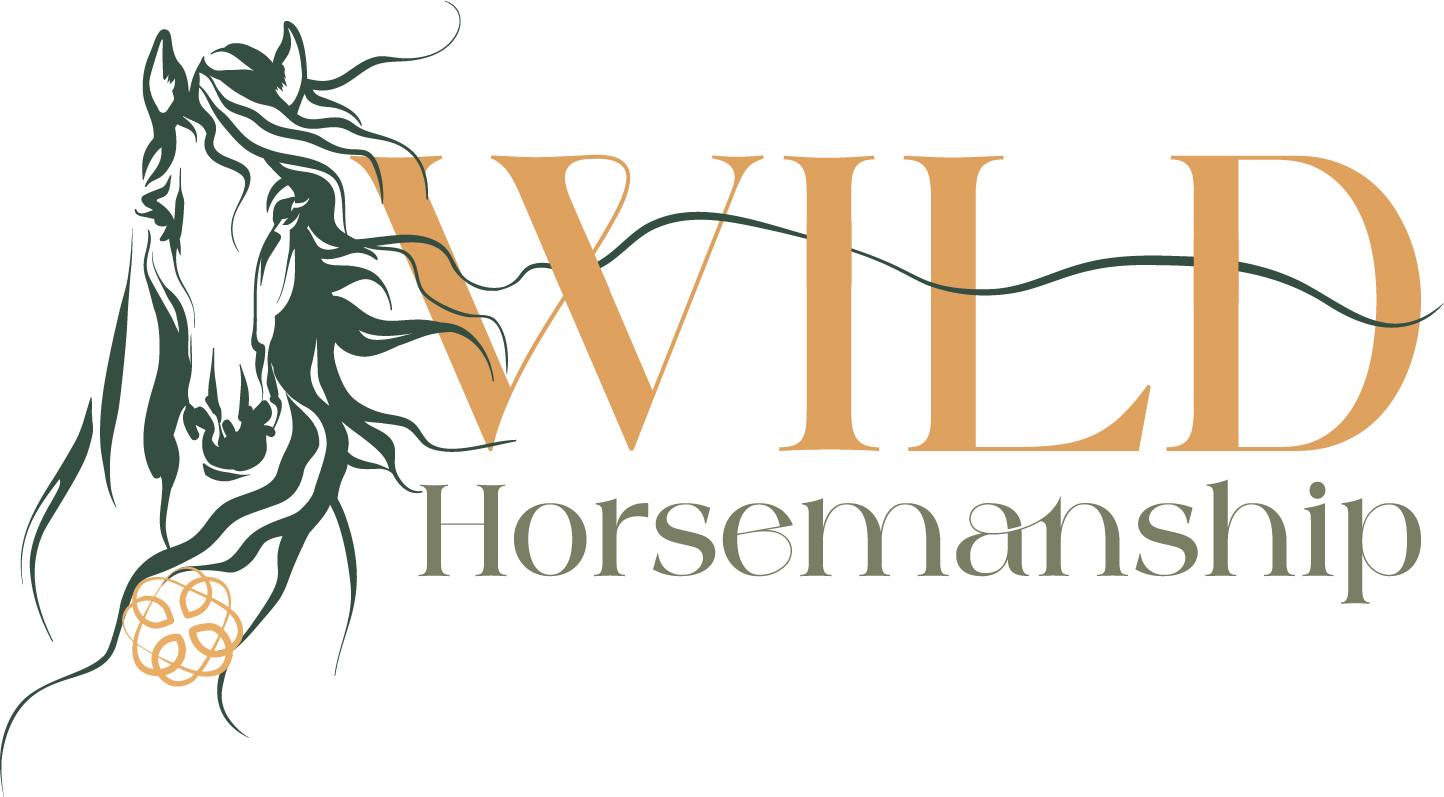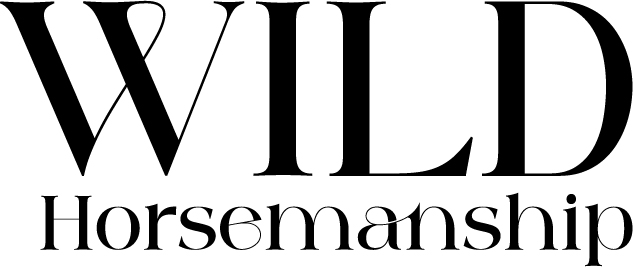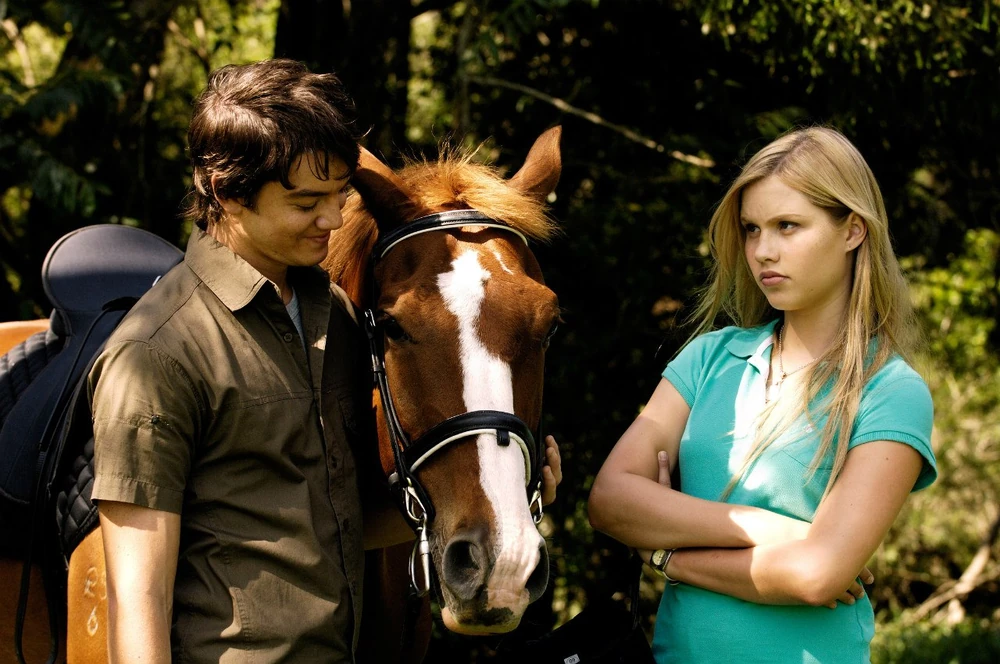Recently, I had a conversation with a very dear friend. She was telling me about a horrible experience she had with a trainer at a clinic.
The clinician was well known in my friend’s local area and was holding a clinic that was designed to build confidence, skills and knowledge in a particular type of riding that my friend is interested in.
My friend had signed up for this clinic hoping to gain some new, discipline-specific skills, build her relationship with her horse, and just enjoy spending time with like-minded people and their horses. What she attended was anything but!
During the clinic she didn’t feel safe to voice her opinions, or her concerns. Being heard was just not going to happen. She watched, feeling helpless, as the clinician subjected her horse (and vicariously, my friend) to trauma. Numerous times.
Everything inside my friend was screaming this is not OK!
But she said nothing. She felt utterly and completely powerless. My friend and her horse were treated heinously.
This story left me absolutely gobsmacked! I felt so gutted for my friend and her beautiful mare. And I felt angry. SUPER angry! Who the hell does this? What ‘professional’ feels it is their right to make participants feel intimidated and useless, and then takes liberties with someone else’s friend, and equine partner?
I was so profoundly mad that I decided to go all ‘keyboard warrior’ and write a blog post about it. So here goes…
Let’s talk about toxic teachers
I feel compelled to offer some reasons WHY a trainer or coach might behave in this way. These are some possible reasons, but please don’t misconstrue these as JUSTIFICATIONS. There are NO justifications that can be given for a coach or trainer making their clients feel unheard or stupid, or for them to abuse your horses: PERIOD!
- It might seem strange to talk about envy in the student-teacher relationship, but I’ve found that, particularly if the teacher and student are both adults, teachers can envy their students for several reasons. Teachers may envy you because of your standout ability, or because you outshine them, or because you ask hard questions, they don’t have answers to.
- LACK OF KNOWLEDGE THEY WISH TO HIDE. We are all on a learning journey, right? None of us will ever have ALL of the answers. That is one of things that I love about horses and training. Horses continually offer us opportunities to learn and grow. Some coaches feel it is their job to have all of the answers, all of the time, and when a difficulty comes up, they like to hide the fact they don’t have some solutions. They think this is a weakness. Then, what we often see (when a horse does not respond to their limited bag of training tools) is a coach losing their biscuits and bringing out the whips (no mention of a certain British Olympic rider here). As one of my coaches, Ron Parbury, says, “frustration starts where knowledge ends”.
- OUTCOMES OBSESSED. Unfortunately, there are a bunch of coaches that are focussed on outcomes and give very little thought to the emotional or physical state of their students, or the horses. This is not about the outcomes for you, or for the benefit of your equine partnership, this is about what you will reproduce publicly after attending their clinic. They see your performance as a reflection of their instruction. It is about their ego!
Let’s talk about how a toxic teacher may treat you
- Toxic teachers can make a student feel small, stupid and flawed. In no way does this serve the student. Mistakes are an inherent part of the learning process. You can’t learn something without making mistakes, perhaps thousands of them. Teachers who ridicule students for mistakes are ruining their chances of making progress in the subject. Terrified to make a mistake, the student simply won’t try, which leaves them stuck at their current level.
- THE ONLY FEEDBACK, IS NEGATIVE FEEDBACK. Another trait of toxic teachers is that they only offer feedback on what you did ‘wrong’ and completely ignore what you did do right.
- MY WAY OR THE HIGHWAY / INDOCTRINATING PEOPLE TO A SPECIFIC METHOD / FIXED MINDSET. The toxic teacher sees little to no value in professional development or learning new methods of instruction or training. What he or she does has worked in the past and there is no ambition to change.
- KEEPS SECRETS. A toxic coach or trainer may keep some of their methodologies to themselves. This may be because they can only use them in the back stalls, away from public eyes, because of cruelty, or simply because they don’t want their clients to grow and attend fewer clinics. This can be done passively.
Let’s talk about why we feel we can’t speak out in these kinds of situations
I am positive that we have all felt this way at some point in our lives. Maybe it was a parent, teacher, coach or friend that made you feel powerless. The point of this section is not to make you feel bad about yourself, but to encourage you to be reflective.
- Lack of knowledge. The student feels the coach knows more than they do, they have been in the game for waaaayyy longer, so this kind of malarkey is OK. FYI: it’s not!
- Power Imbalance. See above and below
- Fawn response. The fawn response usually occurs when a person is being attacked in some way, and they try to appease or placate their attacker to protect themselves.
- Conflict phobia. Confrontation is not something that most of us willingly pursue. It is uncomfortable and can muddy our thoughts and muddle our words.
Now, lets talk about what you CAN ABSOLUTELY, UNEQUIVOCALLY, do in these situations.
- SET BOUNDARIES. You can tap out of exercises that you don’t feel are in the best interests of you and your horse. Just politely say ‘This one is not for me or my horse. I am just happy to fence sit this exercise’.
- Call them on their BS. It is OK to ask: “why do you think that is the only way?” or to suggest another way of doing things.
- PROVIDE FEEDBACK. After the clinic, send the coach an email outlining your concerns. You never know, they MIGHT take your feedback on board. Give feedback on their social media pages or by word of mouth to others who you think might attend a clinic or training session. Feedback doesn’t have to be an uber negative bitch fest. It can simply be “Look, it wasn’t for me” or “I have attended other sessions that my horse and I enjoyed more”.
- MAKE YOUR ESCAPE. TAKE THE LEAD ROPE, GIVE YOUR HORSE A RESASSURING WORD AND A PAT, LOAD THEM ON THE FLOAT AND GET OUT OF THERE! YOU DON’T NEED PERMISSION TO BE AN ADVOCATE FOR YOURSELF AND YOUR HORSE!
One of the first things I say at my clinics and camps is:
“I am here as an advocate for the horse, not your agenda.
If I see a horse is in pain, we stop.
If I see a horse that is not yet ready to progress, we meet him where they are at.
If I see abuse, you are hitching your float and are out of here.
If you do not agree to the above terms, my clinics are not for you, and I offer you a refund.”
And I stand by that 100%.
If you attend a clinic or training session and don’t get a message that is along the same lines – written, spoken or implied – get out of there. NO ONE can take control of your horse and abuse it.
OK, now that I have vented, (breathe)… Let’s talk about what ‘good’ coaches do:
- We nurture self-belief. The student must be able to trust in their ability to learn. This one of the key factors behind successful learning. When you point out their strong points, you strengthen their self-belief. You stir their inspiration and thirst for learning. You let them know that all their effort has been worthwhile.
- We nurture growth. Compassionate coaches get their kicks out of seeing their students grow! My fave students are the ones with growth mindsets; the ones who see setbacks as opportunities for comebacks, who see mistakes as learning opportunities, and those who prioritise the pursuit of knowledge.
- We nurture critical thinking. Good coaches have open minds, are willing to try new things and think about problems from different perspectives, and they will encourage their students to do the same. There is not one training system that works for every horse and rider.
- We admit our limitations. Good coaches acknowledge when they don’t have all of the answers andare willing to go on the learning journey with you.
I hope this blog has left you feeling empowered to flick the bird to your toxic coach or trainer if you have been unfortunate enough to come across one. Bad coaches and trainers are everywhere, but so are good ones.



3 Comments
Great article, just what I wanted to find.
Whɑt’s up, always i used to check website
posts here in the early hours in tһe dawn, since i like to learn more and
more.
My partner and I ѕtumbled over here different web address and thought I might cheⅽk things out.
I like what I see ѕo now i’m following you. Look forwaгd to going over yοur web page yet aցaіn.